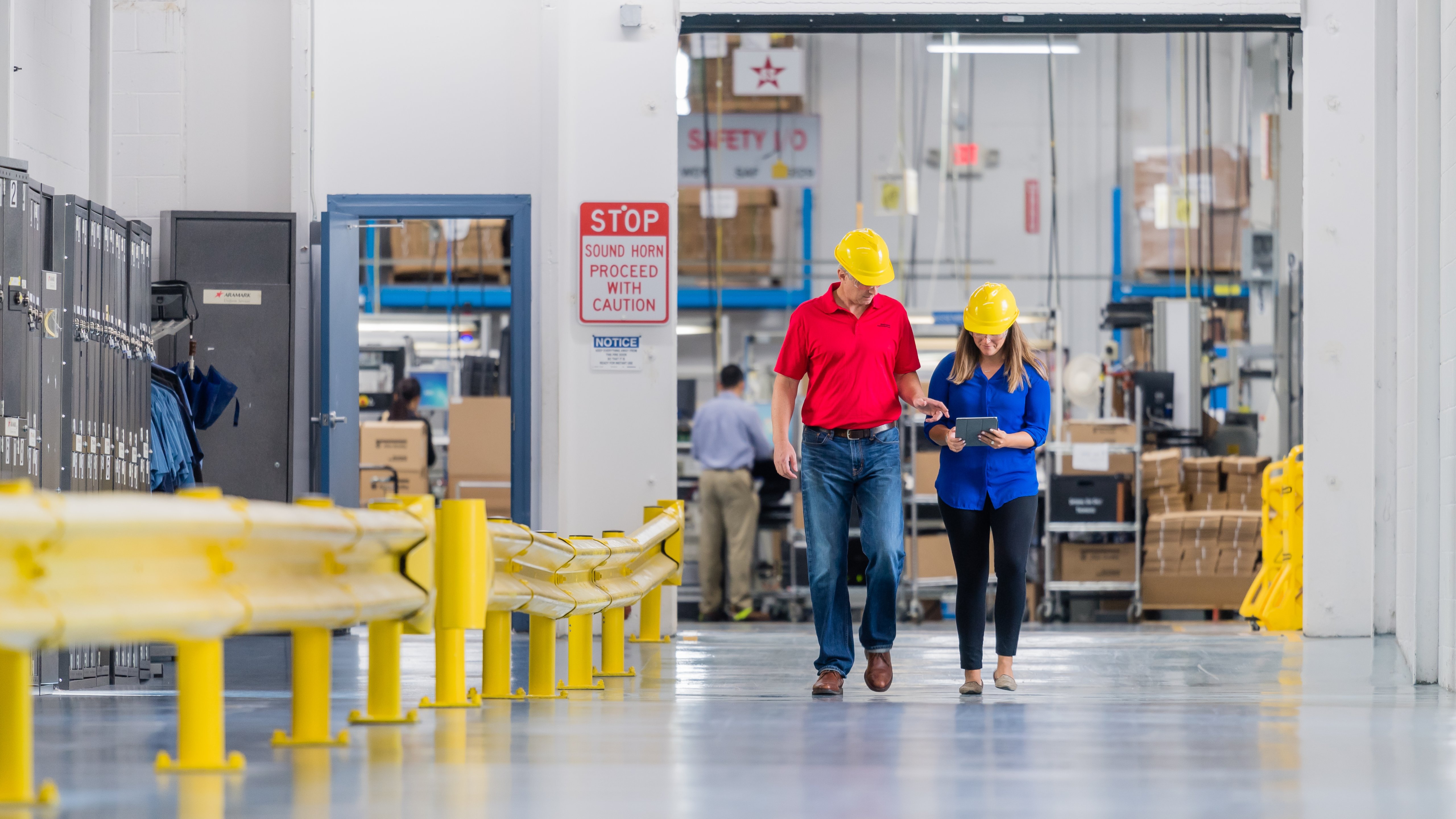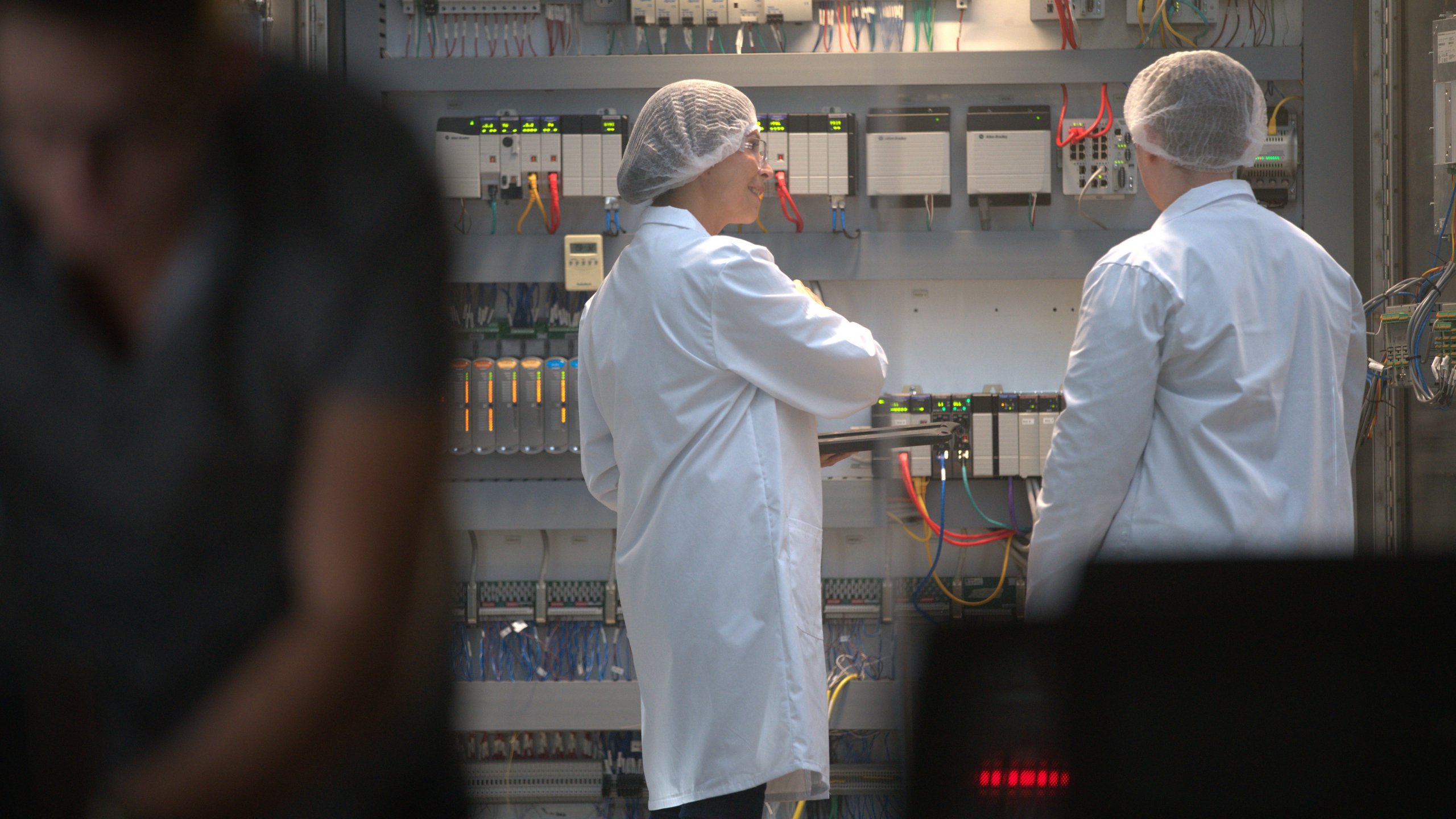In modern manufacturing, the digital transformation of production processes is a key driver for global economic growth. Implementing a digital transformation strategy across manufacturing operations can have an impact that goes beyond just production capabilities or supply chain operations; companies are now aware of the wider impact it can have in terms of meeting cost reduction and sustainability goals.
Within the current context, the impact of the pandemic has only increased the necessity of a digital transformation. This in turn has boosted adoption rates for digital solutions, building upon established trends from several years ago and accelerating their implementation. Now, manufacturers are taking advantage of the opportunities digital solutions offer for increasing the control of production and flexibility across an entire value chain.



